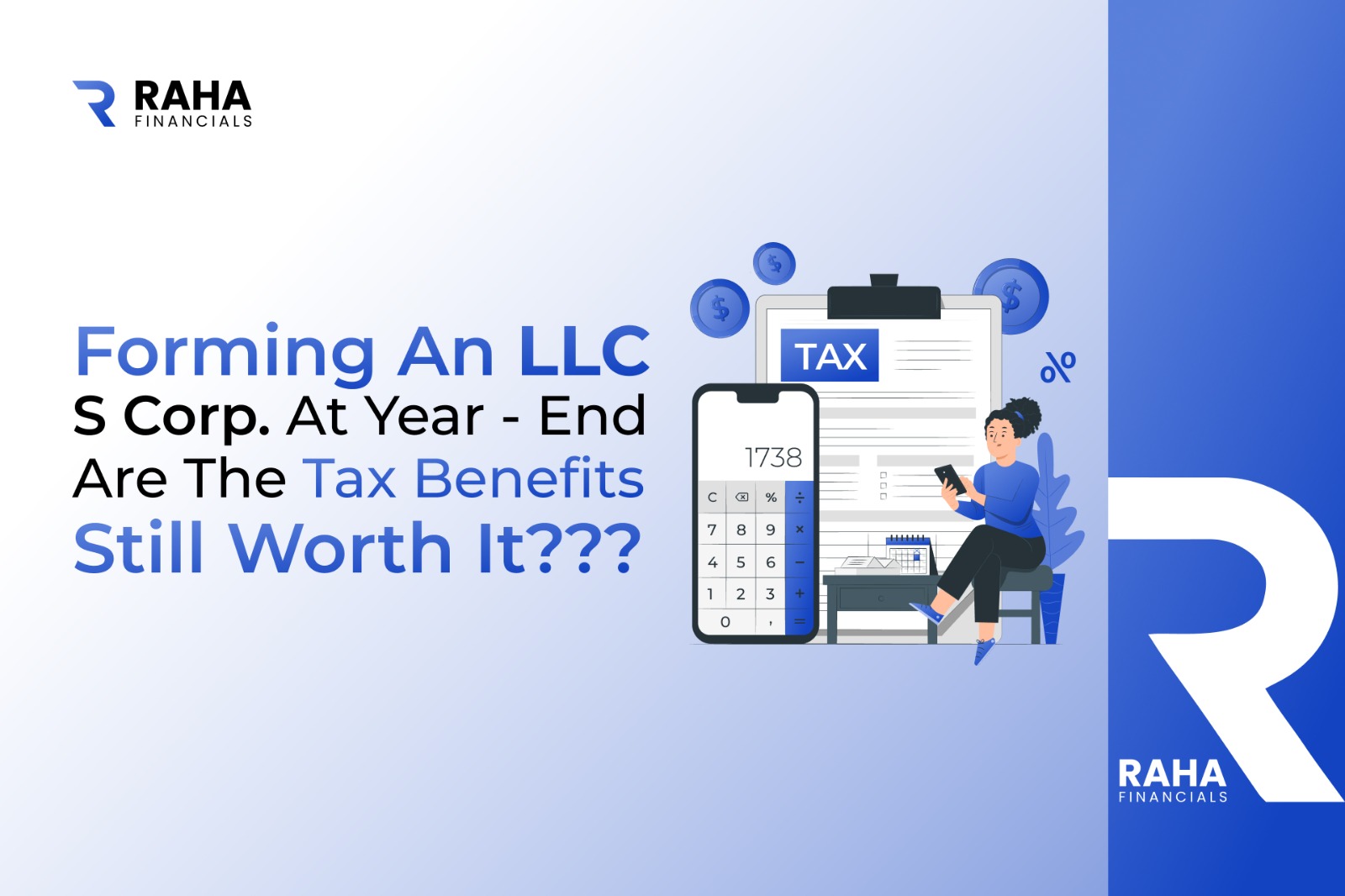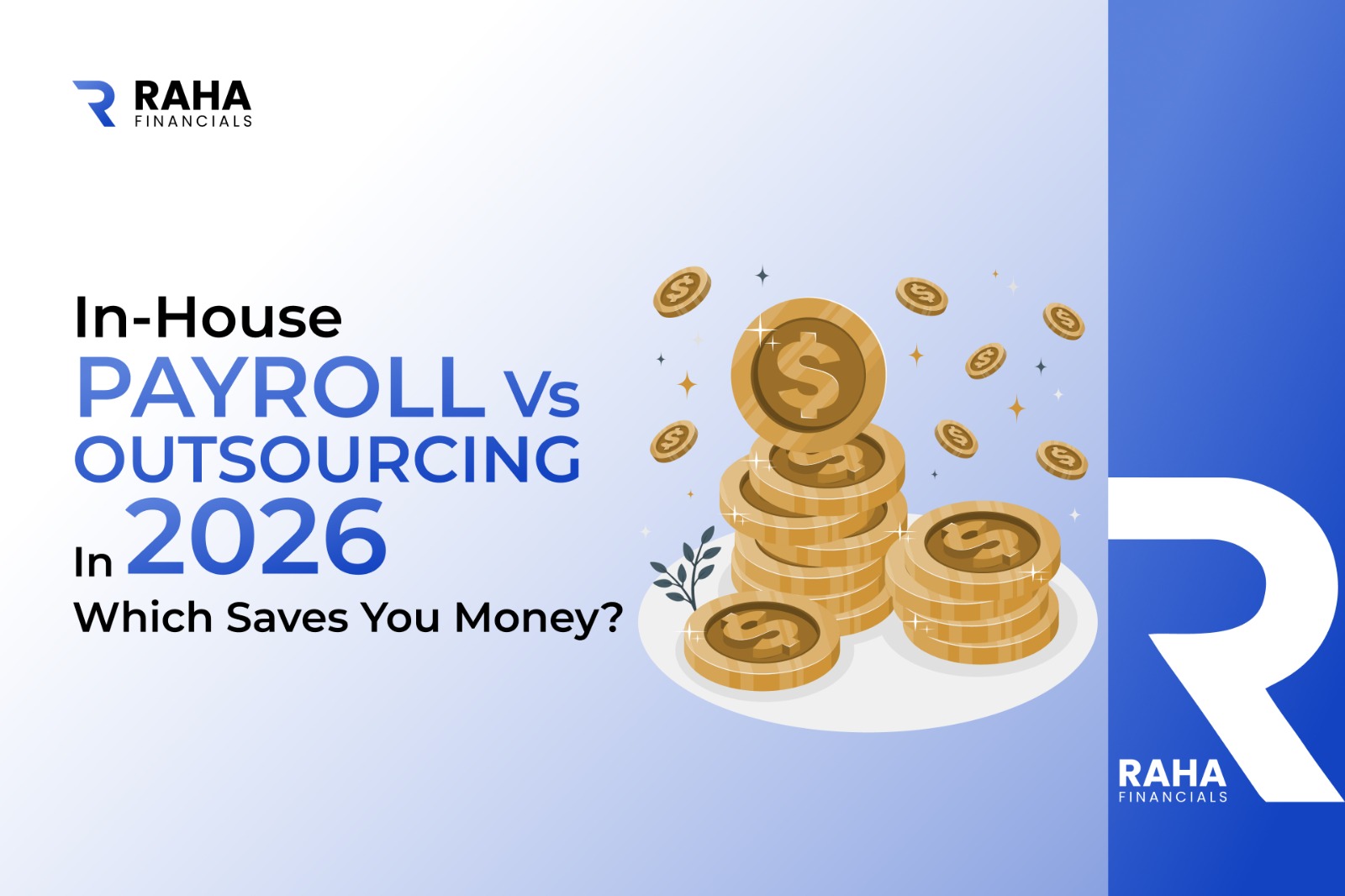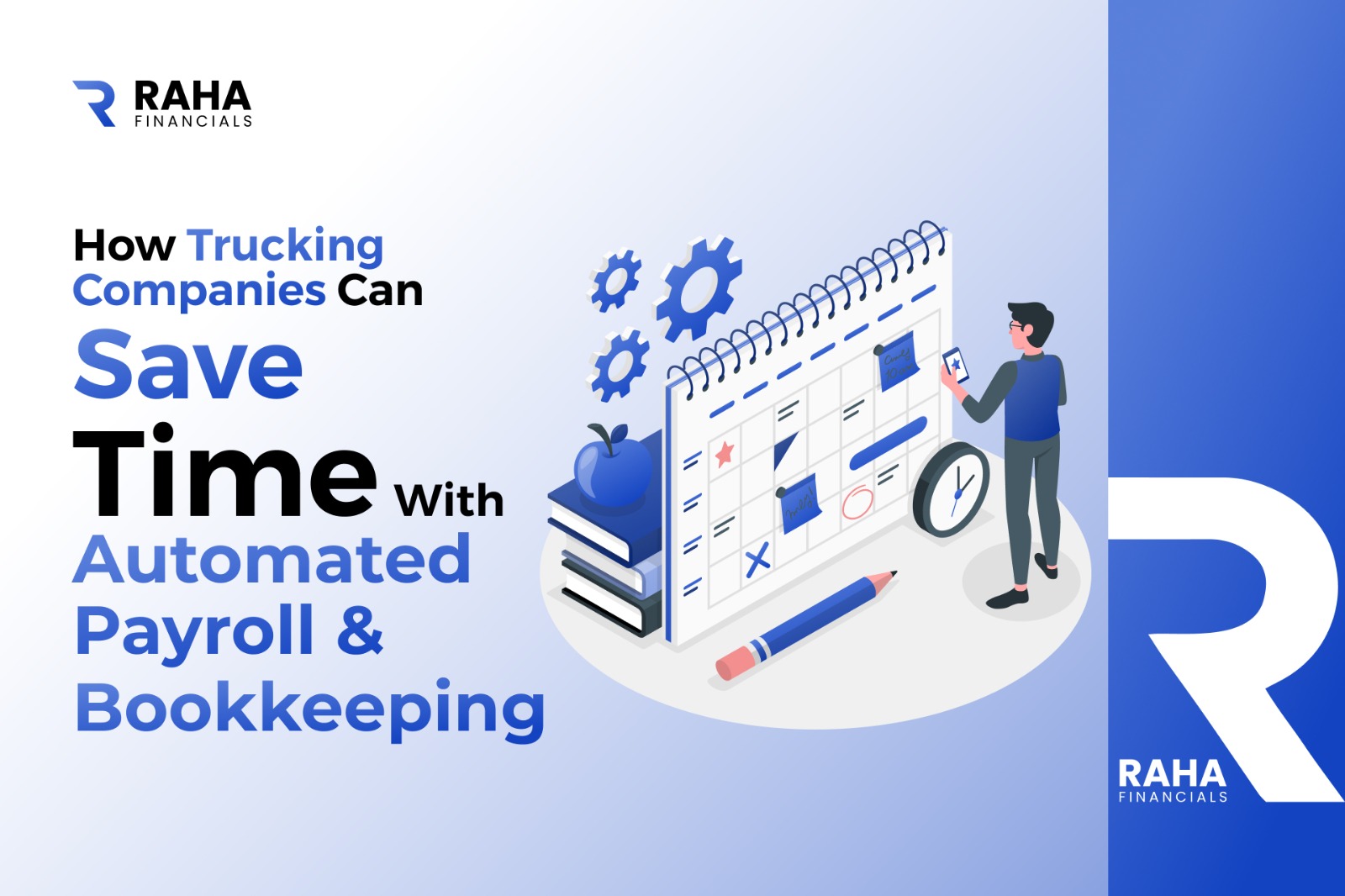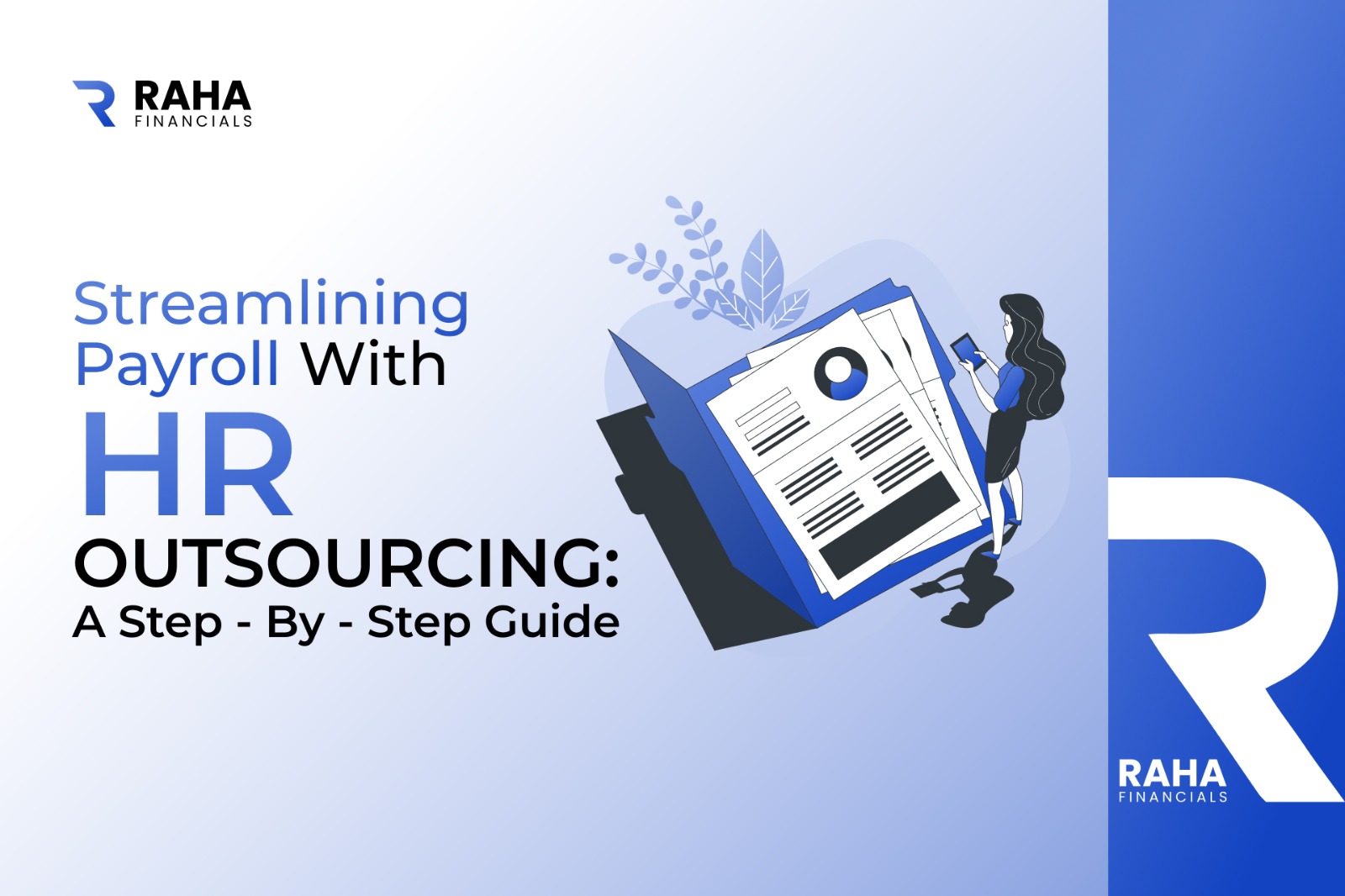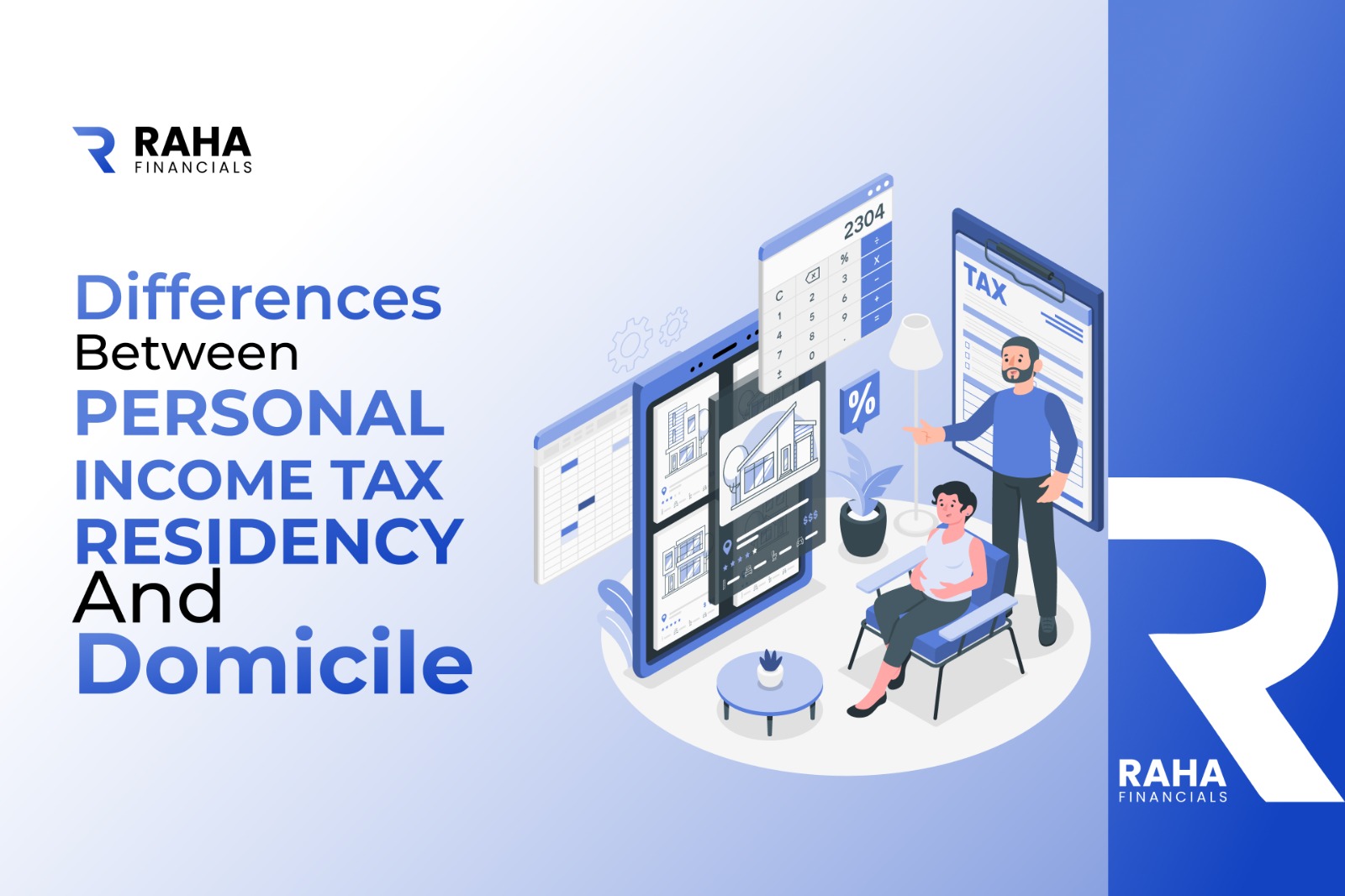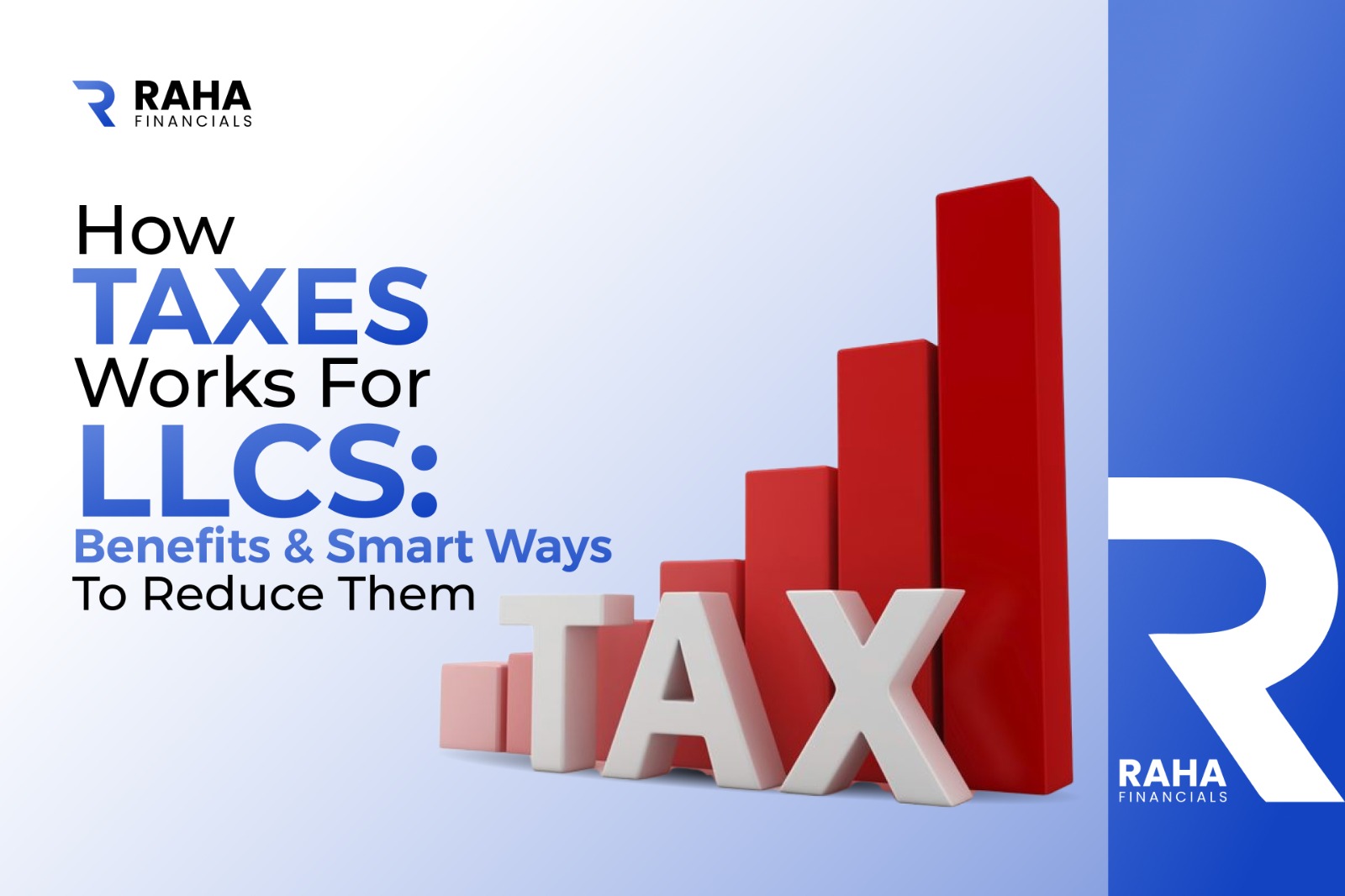Introduction
President Donald Trump has recently endorsed a significant tax policy change targeting workers in the service industry. The proposed No Tax on Tips Act aims to eliminate federal income taxes on cash tips for eligible employees. This change could bring financial relief to millions of Americans who rely heavily on tips as part of their income.
What is the No Tax on Tips Act?
The No Tax on Tips Act proposes that cash tips earned by employees making less than $160,000 per year be exempt from federal income tax. Workers can deduct up to $25,000 in tips reported on W-2 forms from their taxable income. This bill has bipartisan support and was passed unanimously in the Senate.
However, it’s important to understand that payroll taxes such as Social Security and Medicare will still apply, and some state and local taxes may continue to tax tips.
Who Benefits From This Change?
This policy primarily benefits workers in traditionally tipped roles such as servers, bartenders, hairdressers, and taxi drivers. Many in these roles depend on tips to supplement often low base wages. Eliminating income tax on tips can increase their take-home pay and improve financial stability.
What Are the Limitations?
While popular, the policy has some limitations:
- The exemption only applies to federal income tax, not payroll or state taxes.
- The bill has a four-year sunset clause, meaning it will expire unless renewed.
- Critics argue that this measure might have limited impact on very low-income workers who already owe little income tax.
What Experts Say
Some tax experts suggest that instead of exempting tips from income tax, a better solution might be to eliminate the subminimum wage for tipped workers, ensuring they receive at least the full federal minimum wage regardless of tips.
How to Prepare as a Worker
If you are a tipped employee:
- Keep accurate records of all tips received.
- Ensure tips are properly reported on your W-2.
- Consult with your employer or a tax professional to understand how this change affects your tax filings.
Conclusion
The No Tax on Tips Act represents a positive step toward easing the tax burden on service workers. While some questions remain, it’s important to stay informed about these changes to maximize your financial benefit.

